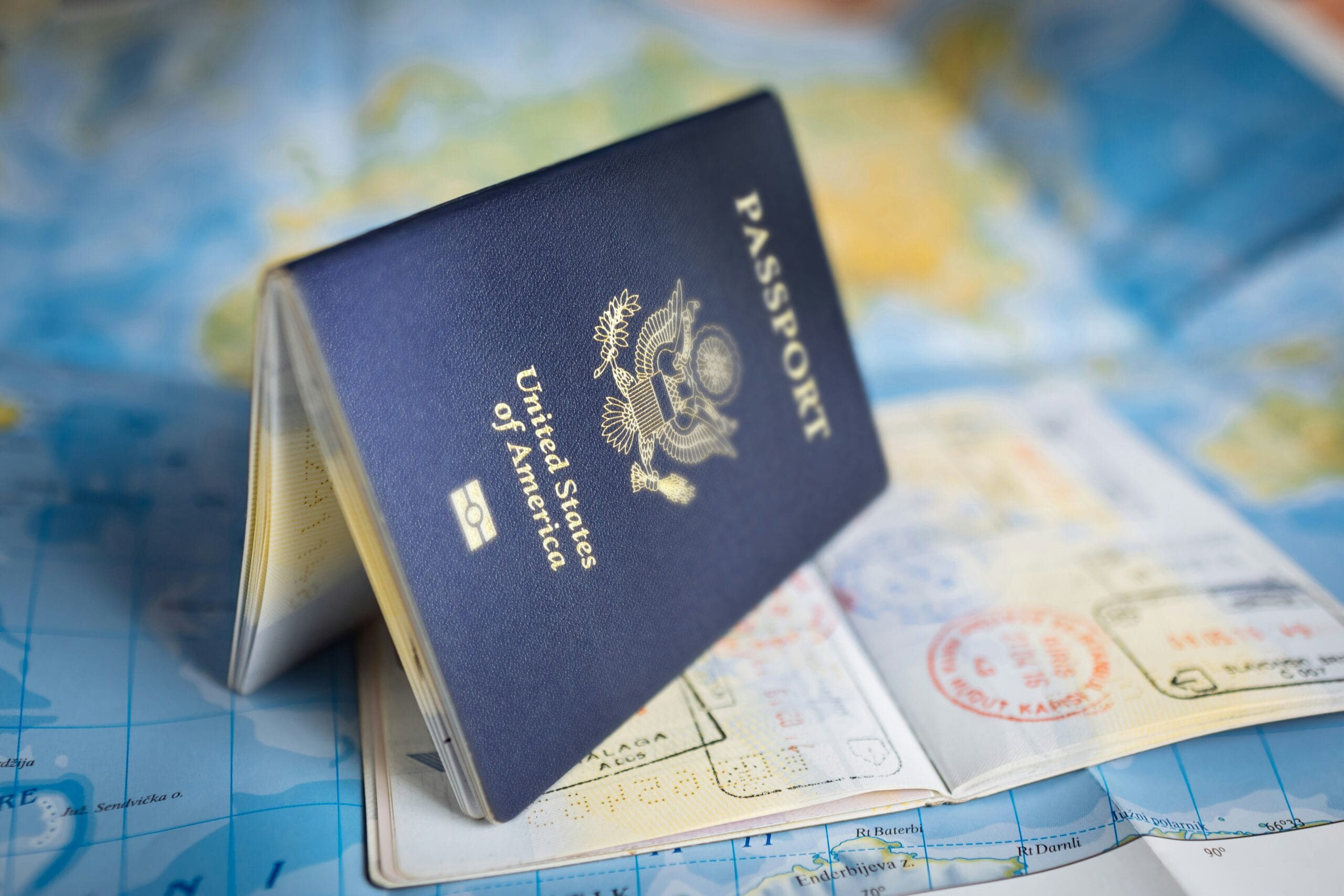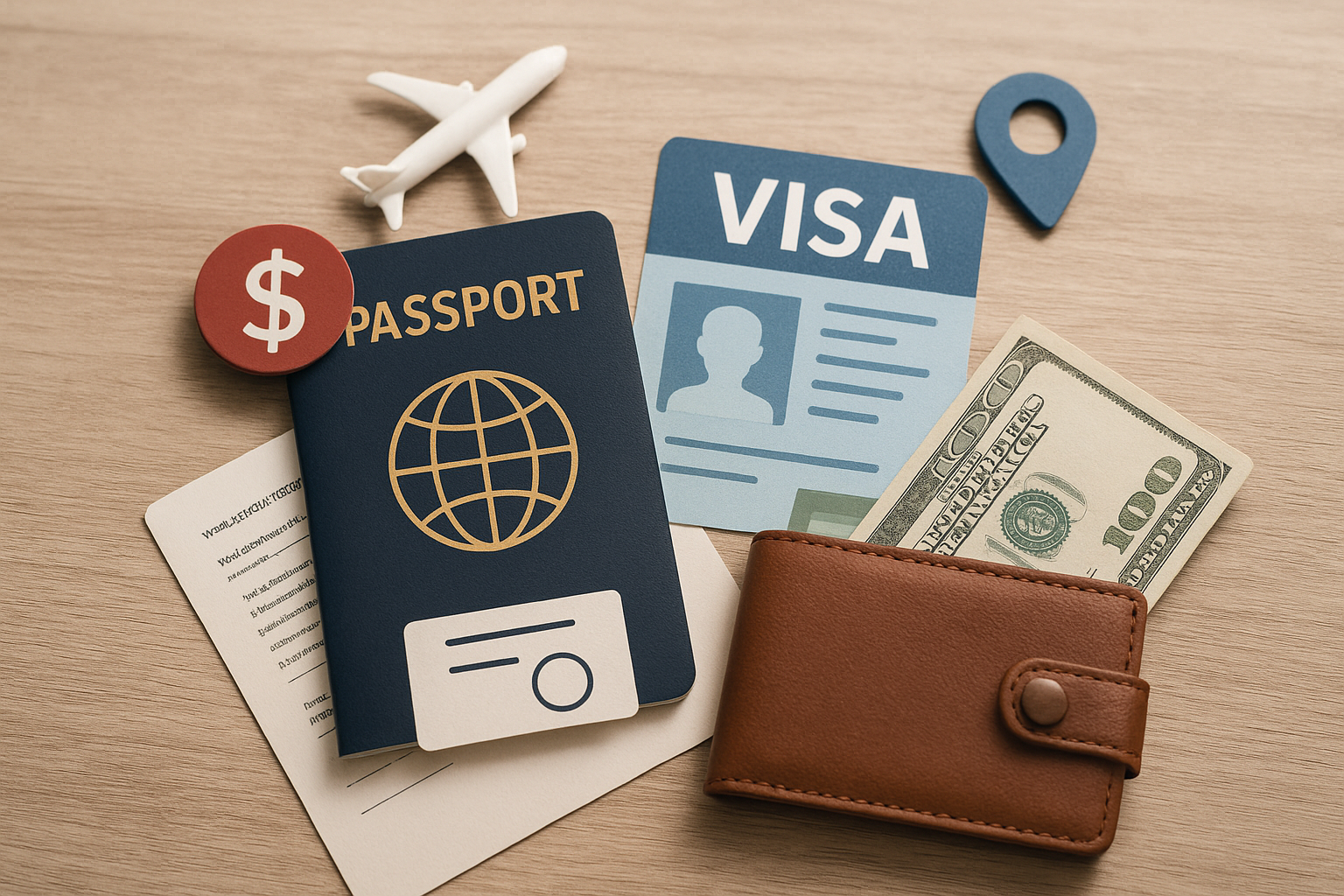How to Get the Hardest Digital Nomad Visa: A Full Guide
For remote workers who dream of living abroad, a digital nomad visa can be a game changer. These visas allow you to work from beautiful, culturally rich locations without worrying about illegal status. However, many of these are not cheap, and some have strict requirements that make applying a real pain.
Now let’s go over some of the toughest digital nomad visas to get, what you’ll need to do in order to qualify, along with actionable advice on how to maximize your odds of being approved.
Why Are Some Digital Nomad Visas So Hard to Get?
Digital nomad visa options differ greatly from nation to nation, catering to each country’s goals for attracting remote workers. Some nations aim to bring in top-tier experts; others hope to enhance their economy by including high-income individuals. Additionally, the total standard of living, local regulations, and the relative scarcity of open positions have a very big impact on the practicalities of the application process.
Discovering these obstacles is the first stride of accommodating them in a productive way. These visas are also an obstacle; however, when preparation is diligent and the application is organized, the aspirations of working abroad can be all life-changing.
The Most Difficult Digital Nomad Visas To Obtain
Cayman Islands: Global Citizen Certificate
Why It’s Hard:
The Cayman Islands’ Global Citizen Certificate is designed for ultra-high-net-worth individuals. They must have an annual income of at least $100,000 (or $150,000 for couples). Other requirements include proof of employment, health insurance, and a clean criminal record.
Cost of Living:
It costs over $4,000 a month on average to live in the Cayman Islands for a single person. The cost of housing, food, and healthcare is well above that of almost every other nation.
Tips for Success:
- Your financial documentation should be strong.
- Focus on how you can add positively to the local economy.
Bermuda: Work from Bermuda Certificate
Why It’s Hard:
To apply, candidates must show that they can support themselves financially—usually meaning an annual income of $120,000 or more—which Bermuda says helps the economy. The application fee is on the high side at $263, and you need to show ties to your home country, like property ownership.
Cost of Living:
Bermuda is known for its luxury lifestyle, but that comes at a steep cost. Citywide, the average rent for a one-bedroom apartment is more than $3,000 per month, and $20-$30 per meal is common for dining.
Tips for Success:
- Demonstrate substantial financial viability.
- Describe your professional background and skills in full-length.
Iceland: Remote Worker Visa
Why It’s Hard:
Iceland’s digital nomad visa has a minimum income of $7,800 a month, one of the highest thresholds in the world. Then there are immigration restrictions, as well as onerous paperwork and documentation.
Cost of Living:
The cost of living is high in Iceland; a single person’s monthly expenses range between $2,500-$3,000. But it is worth the effort for stunning views and good living.
Tips for Success:
- Ensure that all necessary documents are meticulously organized.
- Highlight your capacity to fulfill both financial and legal obligations.
Switzerland: Freelancer Visa
Why It’s Hard:
The freelancer’s visa in Switzerland is primarily for entrepreneurs and high-skilled professionals. To gain entry, candidates need a local sponsor, evidence of financial independence, and a functional enterprise that benefits the Swiss economy.
Cost of Living:
Zurich—and the Swiss cities of Geneva and Basel—are consistently ranked as some of the world’s priciest. It is common for a monthly expense to be over $5,000 for just one person.
Tips for Success:
- Network with local businesses to find a sponsor.
- Spend quality time developing a solid business proposal.
Japan: Highly Skilled Professional Visa
Why It’s Hard:
Japan’s visa system uses a points-based system, which awards points for income, educational background, and professional experience. To qualify, you’ll need a minimum of 70 points, making this an extremely competitive visa. Similarly, fluency in Japanese is a bonus.
Cost of Living:
Tokyo is cheaper than places like Geneva or Bermuda, but it is not cheap. Your monthly expenses average $2,500-$3,500 for one person.
Tips for Success:
- Key to scoring points is to stress qualifications and experience.
- Sign up for Japanese language classes to improve your application weight.

How to Approach These Application Hurdles
1. View the Requirements as a Roadmap
It is important to read through the list of visa documentation requirements carefully to make sure you have everything that is requested. Missing or misinterpreted criteria could mean rejections, particularly with the most stringent digital nomad visa applications. To avoid those pitfalls, follow these steps:
- Be Cautious: Check the official site for each visa, or get in touch with consulate services for the most trustworthy and recent information.
- Checklist: Prepare a checklist of all mentioned documents and cross-check with the guidelines to ensure completeness.
- Seek Clarification: If any section of the guidelines is unclear, reach out to professional services or consulates for clarification.
2. Show Proof of Financial Stability
A steady income is a common requirement when applying for difficult-to-secure digital nomad visas. Countries want assurance that applicants can support themselves and contribute to the economy. Consider these tips:
- Documentation: Maintain records of income sources (e.g., freelance work, business income, investments).
- Consider Using a Financial Advisor: A financial advisor can help arrange financial documents to highlight stability and eligibility.
3. Leverage Local Connections
Some visas require local sponsorship, such as Switzerland’s freelancer visa. Building connections within your desired country can strengthen your application. Here’s how:
- Attend Events: Join industry events, meetups, or networking sessions.
- Leverage Online Networking: Connect with potential sponsors through LinkedIn or local forums.
- Seek Local References: Local references can vouch for your credibility during the application process.
4. Invest in Language Skills
In Japan, Switzerland, and other countries, learning the local language improves your chances. Here’s why:
- Better Communication: Helps with legal formalities and settling in.
- Enhance Your Credibility: Shows commitment to cultural integration.
5. Hire a Professional
Visa applications can be complex, with multiple stages and strict deadlines. Professional guidance can help tailor your application. Benefits include:
- Expert Knowledge: Immigration professionals know the intricacies of the process.
- Convenience: Saves time and reduces stress.
Is It Worth the Effort?
Although obtaining one of the most difficult digital nomad visas is challenging, the benefits often outweigh the effort. With proper planning and persistence, you can secure a visa to live and work in a country that offers exceptional beauty, safety, and opportunities for personal transformation.
For more information on specific visa requirements and tips, visit your local immigration services.
Related Post: Digital Nomad Insurance: All You Need To Know













